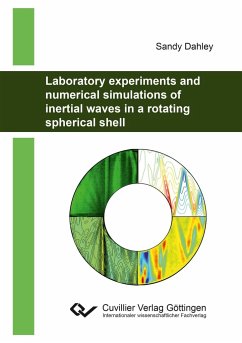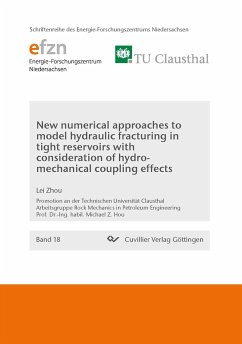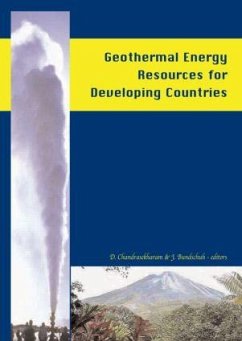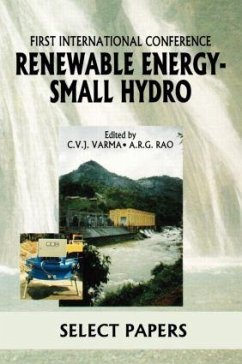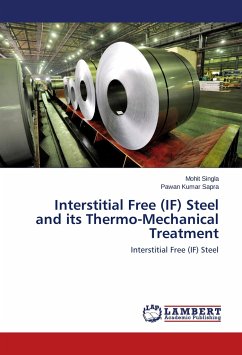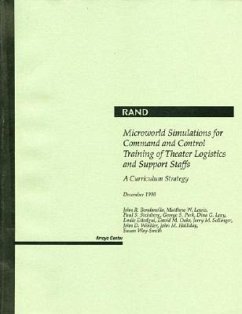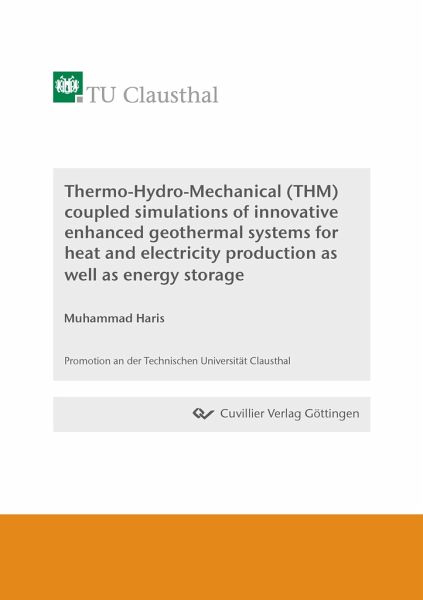
Thermo-Hydro-Mechanical (THM) coupled simulations of innovative enhanced geothermal systems for heat and electricity production as well as energy storage

PAYBACK Punkte
0 °P sammeln!
Enhanced geothermal systems (EGSs) evolved from the hot dry rock can provide a significant amount of energy while shifting towards negligible carbon emission. In order to investigate some important issues related to EGS, several scenarios have been analyzed using powerful numerical tools (FLAC3Dplus and TOUGH2MP-TMVOC). While conducting multiple hydraulic fracturing, it is observed that the newly created successive fracture's configuration highly depends on the previous one under the influence of stress shadow. Therefore, the assumption of using similar multiple fracture geometries and shapes ...
Enhanced geothermal systems (EGSs) evolved from the hot dry rock can provide a significant amount of energy while shifting towards negligible carbon emission. In order to investigate some important issues related to EGS, several scenarios have been analyzed using powerful numerical tools (FLAC3Dplus and TOUGH2MP-TMVOC). While conducting multiple hydraulic fracturing, it is observed that the newly created successive fracture's configuration highly depends on the previous one under the influence of stress shadow. Therefore, the assumption of using similar multiple fracture geometries and shapes for energy exploitation may lead to erroneous estimations. A case study has been performed further using the engineering data of the GeneSys project in the North German Basin. Numerous scenarios have been investigated, and the optimized EGS project is proposed, whose installed power capacity of one side of the injection well declines from 7.17 MW to 5.08 MW over 30 years. Moreover, the Levelized cost of electricity is calculated at 5.46 c$/kWh, which is quite economical compared to the current electricity price. Finally, an innovative concept of regenerative EGS is proposed by storing surplus renewable energy in multiple hydraulic fractures that can reduce the reservoir temperature reduction rate. The results of continuous injection/production cycles depicted that a regenerative EGS could be achieved in reality..




